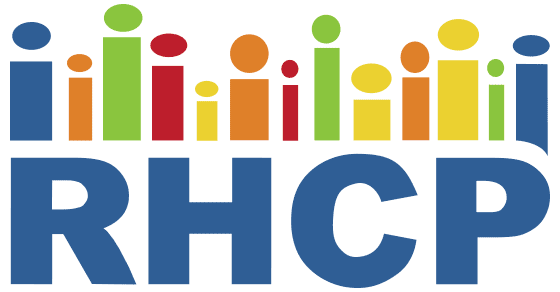Community leaders and Mayo Clinic researchers develop playbook for COVID-19 health equity, future pandemics
February 16, 2022
These findings expand on a paper published in May 2020 that described the framework for this intervention. Mayo Clinic's medical experts and the community leaders are part of Rochester Healthy Community Partnership (RHCP), a community-academic research program in Rochester, Minnesota, that was formed in 2004.
Mark Wieland, M.D., a community internal medicine physician at Mayo Clinic and the first author on the study, says, "Real-time, bidirectional communication between community and academic partners allowed us to respond rapidly to concerns and changing facts in a way that was driven by community priorities."
Community leaders reported positive perceptions of the intervention, including high perceived efficacy, sustainability and adaptability over time.
"We (the members of the Rochester Healthy Community Partnership) learned to understand what was important to our community, then share narratives and address misinformation," says Miriam Goodson, a member of the Alliance of Chicanos, Hispanics and Latin Americans, and a co-author on the study.
Community leaders also stated that their experience working with the Rochester Healthy Community Partnership made them feel more prepared for future pandemics.
"An amazing group of partners was created that has completely changed the health perception of immigrant and refugee populations (in Southeastern Minnesota). We will overcome COVID-19 and future pandemics with the help of RHCP," says Ahmed Osman, a Somali community member and manager of the Employment Services, Intercultural Mutual Assistance Association Program. Osman is a co-author on the study.
Results from the study indicated that this community-driven approach led to beneficial systems and policy changes that improved health equity for the communities. Community concerns raised by Rochester Healthy Community Partnership influenced regional COVID-19 testing and vaccination policies, and guided strategies to meet the needs of patients who were infected with COVID-19 and had limited English proficiency.
In the future, the researchers plan to further explore the potential to use community-academic partnerships to improve health equity in immigrant and refugee communities.
"Our experience demonstrates that these community-engaged partnerships are especially well-poised to respond to a pandemic or other population health emergencies with populations who are at risk for health disparities," says Irene Sia, M.D., a Mayo Clinic infectious diseases specialist and senior author on the paper.
